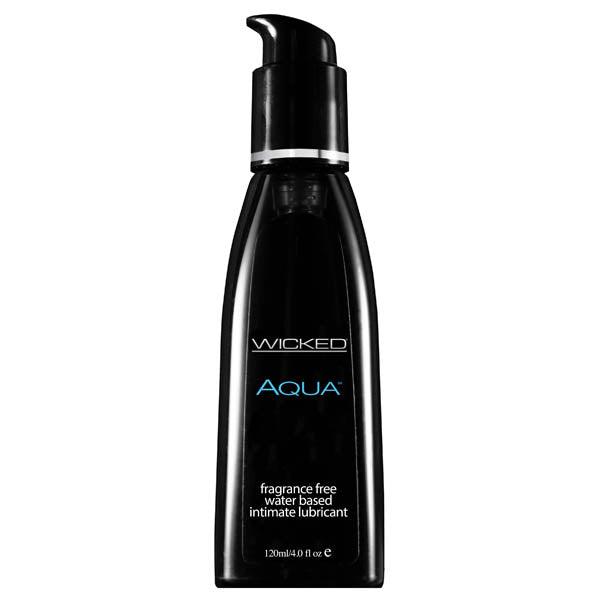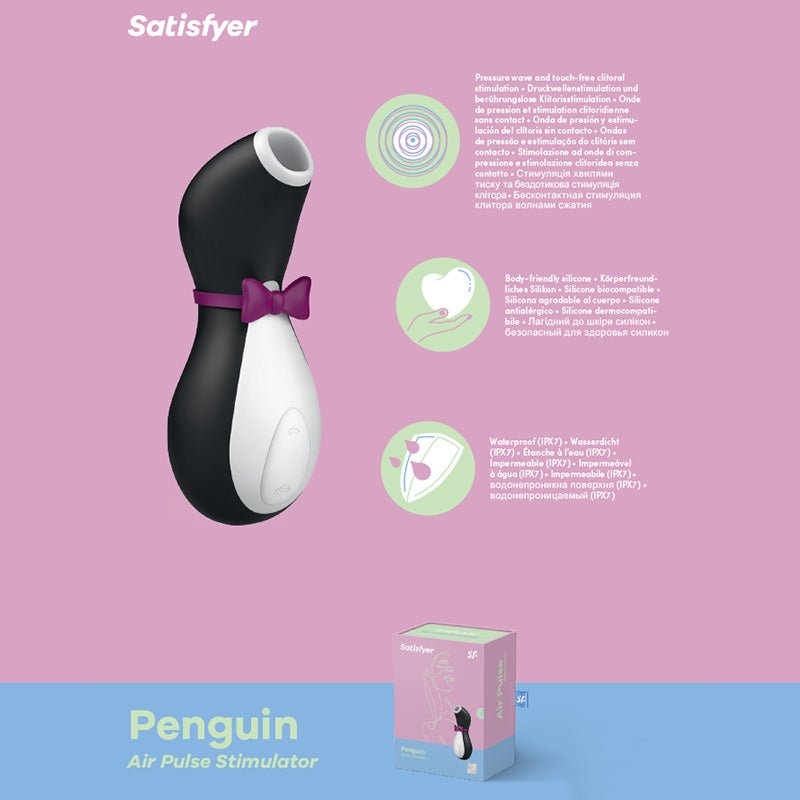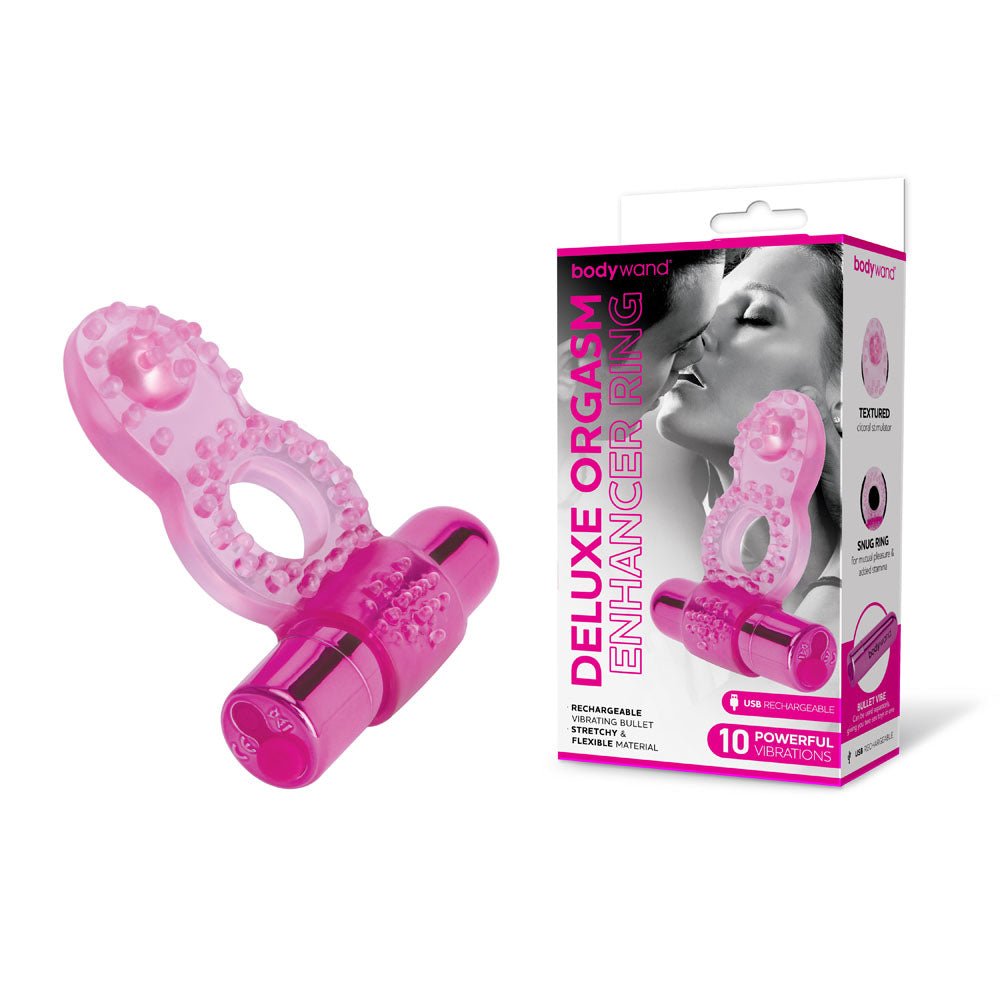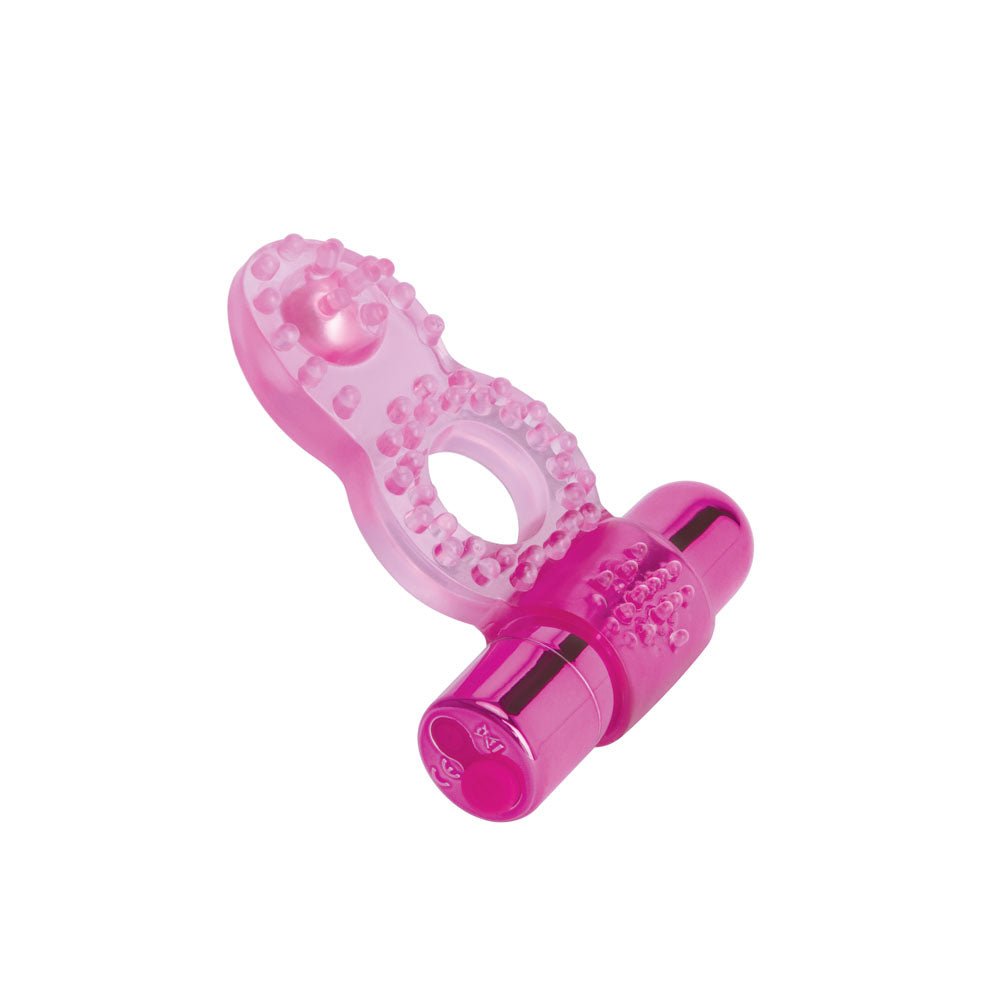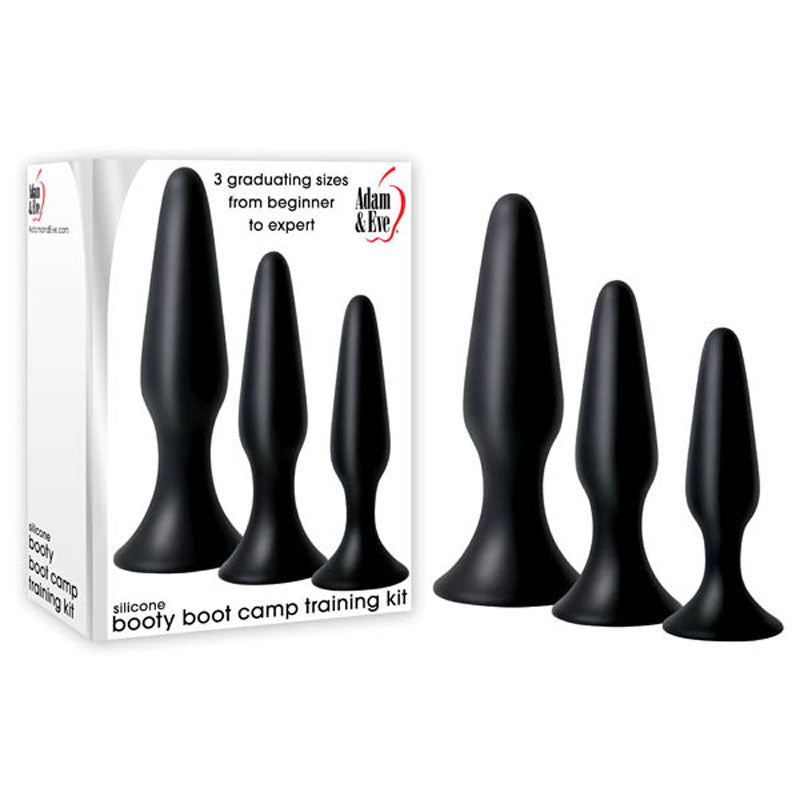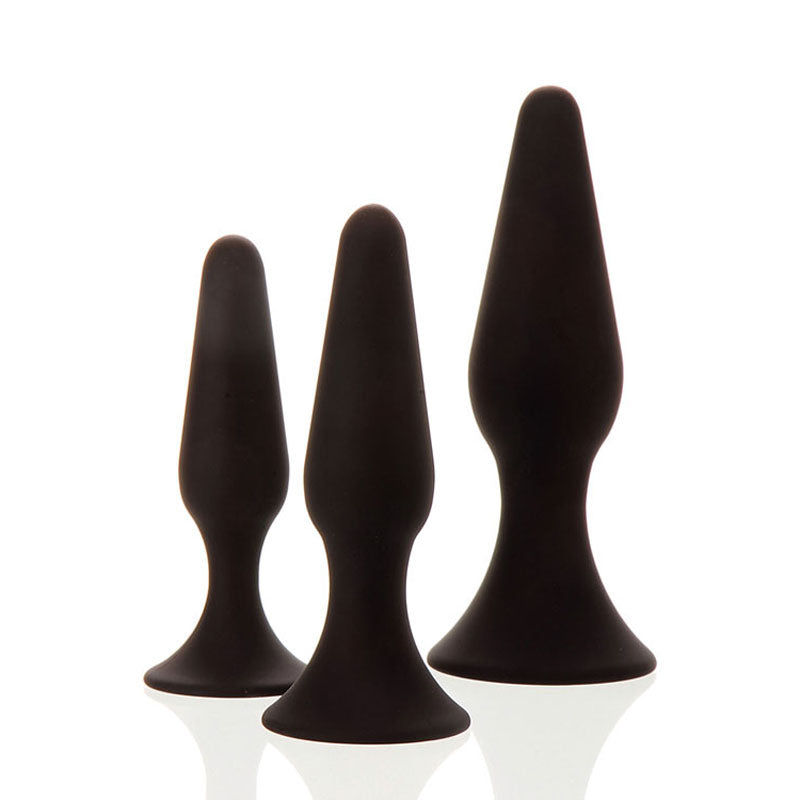Erectile dysfunction; A couple issue?
To put simply, ED can be defined as the difficulty in, or the inability, to attain and/or maintain an erection for sexual activity, whether that be with an intimate partner or for self-pleasure. This may be very distressful for not only the individual, but also for their intimate partner and may require a mixture of therapy and combination therapy in order to treat the individual, so that they may enjoy sexually satisfying lives again.
Many men at some point during their lives will acquire ED, whether it be due to aging, substance use (i.e. alcohol, tobacco or medication), physical and mental illnesses or stressors, disabilities, relational stressors, familial stressors, work-related stressors, prostate cancer, or a combination of any one of these factors.
Although the effects of ED on the individual remain the same, it is important to note that there are two categories of ED; Psychogenic ED and Organic ED.
What is Psychogenic ED?
Psychogenic ED is psychologically induced erectile difficulties which make it difficult to attain and/or maintain an erection for sexual activity. Psychogenic ED is commonly associated with younger men (18 – 39 years of age), as they are more susceptible to psychological stressors such as anxiety and depression due to the impacts of finding themselves within a career, marriage, divorce, buying property, having a baby and navigating through early familial and cultural beliefs. Although psychogenic ED is primarily associated with younger men, it is also a common form of ED amongst older men (40+ years of age) too.
What is Organic ED?
Organic ED is simply the biological causes of erectile difficulties which make it difficult to attain and/or maintain an erection for sexual activity. As ED is considered an age dependant condition, aging is the most common form of ED in men. However. Other examples of organic ED may be a lack of arterial blood flow to the corpus cavernosum, sponge-like tissue that gorges with blood and increases the rigidness and size of the penis (i.e. an erection), due to poor health food choices or certain types of medication. Physical injuries, such as spinal injuries, may also contribute to organic ED in men, as well as some cancers, most notably, prostate cancer where post-radical prostatectomy (removal of the prostate) typically leaves many men unable to attain or maintain erectile functionality. Drug use, such as smoking, cannabis use and alcohol are also commonly associated with organic ED due to the changes that these substances may cause in our body and to our blood when consumed.
Not only does ED greatly impact the individual themselves, but also their intimate relationships.
How could ED impact an Intimate Partner?
In heterosexual couples, it is often heard that women in intimate relationships with men living with ED may be adversely impacted by their partners ailment. For example, women may feel shame, guilt, embarrassment and dissatisfaction within their intimate relationship due to feelings of that they themselves are the cause for their partners erectile difficulties. In some cases, when communication on their partners erectile difficulties isn’t discussed, either due to men feeling embarrassed, self-conscious or holding traditional masculine values, it could impact a woman’s mental health with feelings of depression or anxiety.
Although this only scratches the surface of the many components in a man’s life with ED, I hope this has given you a better understanding and some knowledge on the subject. Alternatively, if you believe you are experiencing any erectile difficulties, then please visit my website at https://stephanieazri.com/, where you can book in to see me at my clinic where I can utilise my experience as a Psychosexual Therapist to assist you in managing and hopefully experiencing normal erectile functionality again.
This Blog is credited to:
Dr Stephanie Azri
Marriage & Relationship Counsellor| Accredited Sexologist | EMDR Therapist | Author
As a special thank you for taking the time to read our blog, we'd like to reward you with an exclusive 5% discount code to use in our online store, Ignight Me! Simply enter the code BLOG5%OFF at checkout to enjoy 5% off your next purchase. Happy shopping!
